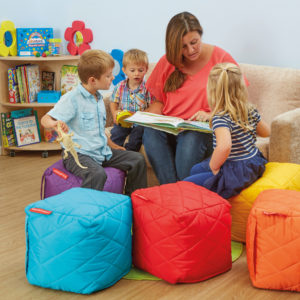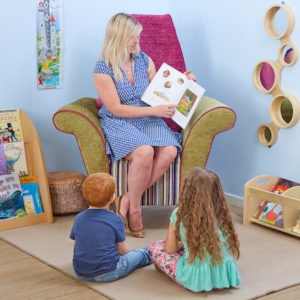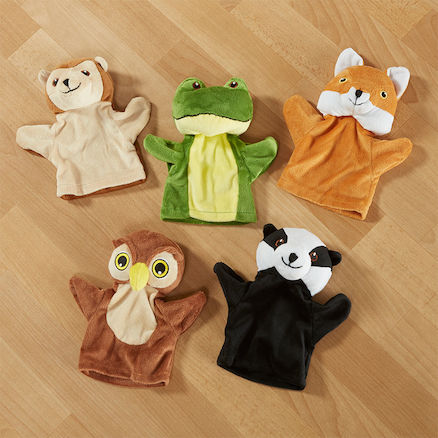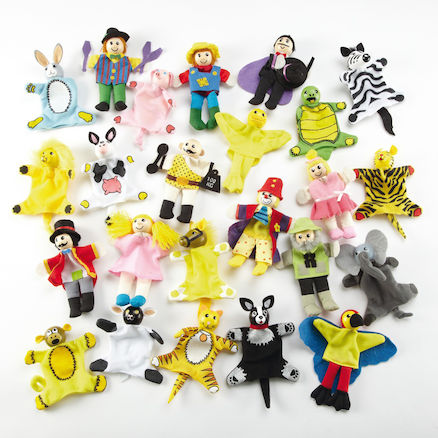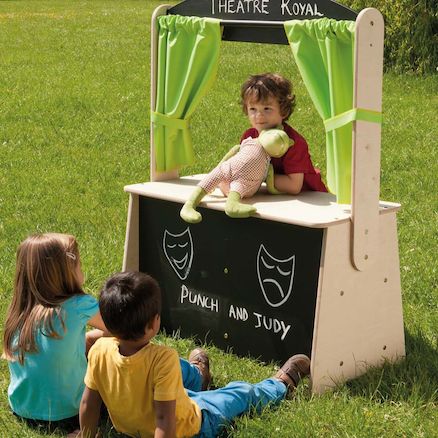27th January to 3rd February is National Storytelling Week and celebrates the tradition of this ancient oral art form with its roots in every part of the world. There are many fantastic events planned and it is celebrated by people of all ages in places such as schools, clubs, theatres, museums and even care homes. Have a look at the Society for Storytelling’s website.
Stories are obviously incredibly important and in schools we read them and write them all the time; but thinking about Storytelling Week made me wonder whether, as teachers, we give children enough time to tell their stories. It is a difficult balance to strike. I remember many Monday mornings or ‘show and tell’ times when children were so eager to talk about things they had seen or done, but with 30 children to listen to, it becomes difficult to find enough time. How often do we feel as though we are wasting time and move on as quickly as possible to get them to write about their experiences instead?
Being able to talk fluently and with good vocabulary is crucial and can make such a difference to children’s life chances, however we know that for many children and for a variety of reasons this is a struggle. We need to provide as many opportunities as possible to allow them to practise talking, not just in single words, short phrases or sentences, but in a more prolonged way – hopefully improving their communication skills and confidence. Stories are a great way to encourage this.
Here are a few thoughts and ideas on this theme.
Children often feel more comfortable telling stories when they know them inside out and have had lots of practise, so the story must be carefully chosen – not too long, not too short, but just right! Fairy tales/traditional tales are so long lasting for a reason – they are brilliant stories that appeal to children but can also be adapted to suit. This Practical Story Telling Discussion Game is great for engaging children in storytelling and encouraging speaking and listening.
All parents and teachers know how much children love hearing stories again and again! Rather than reading a book for the 152nd time, get them, not to read it, but to tell you the story – or tell it together.
Pie Corbett’s Talk for Creative Writing Box is a great way to practise verbal storytelling. It features engaging fantasy elements and structured activities to develop children’s writing abilities.
The author, Pie Corbett has been very influential in encouraging whole class storytelling. (If you haven’t seen it, search on the internet for his re-telling of ‘Little Red Hen’.) Books with opportunities for repeated words or phrases are best. Tell your chosen story as a class, with every child joining in. Add actions and really emphasise connecting words or phrases.
Draw maps of stories. Children are often asked to plan their own stories without first experiencing the drawing out or planning of existing story sequences. Begin by modelling the process and use your map to help remember and tell your story.
When telling their stories, allow children to use their story maps and any useful props. Props not only help to signal what is coming up next, but also provide added interest for the listener.
When they feel ready, get children to tell their story to an audience. The audience might be you, a partner, their class, another class, an assembly, to parents, at an old-folks home etc.) They might do this ‘live’ or record and play it.
If you can, invite people into your classroom to tell stories. I once invited an author who had written many books for young children. Rather than simply read one of her books, she chose to tell the story of one of them and really brought it to life with the help of a few well-chosen items, including a beautiful patterned scarf and a wonderfully decorated bowl. It doesn’t need to be an author, however, everyone has an interesting story to tell (or to elaborate wildly on!)
My class loved to choose their favourite books for story time, but at least once a week, we would make up a story together in which they were the main characters. We would begin without a clue what it would be about, but they loved using and hearing their own names, adding to the plot and deciding what happened next. Some of these stories were forgotten as soon as home-time came, but others had sequels and were often elaborated on.
TTS have many beautiful resources to inspire children’s storytelling, including a large range of puppets and puppet theatres.
Their Story time resources are well worth a look in terms of encouraging oral language development.
With thanks to Beverley Smalley for writing this blog. Beverley is an education specialist, writer and former primary school teacher.[/panel]
//blog.tts-group.co.uk/2016/07/06/create-world-book-story-box/


